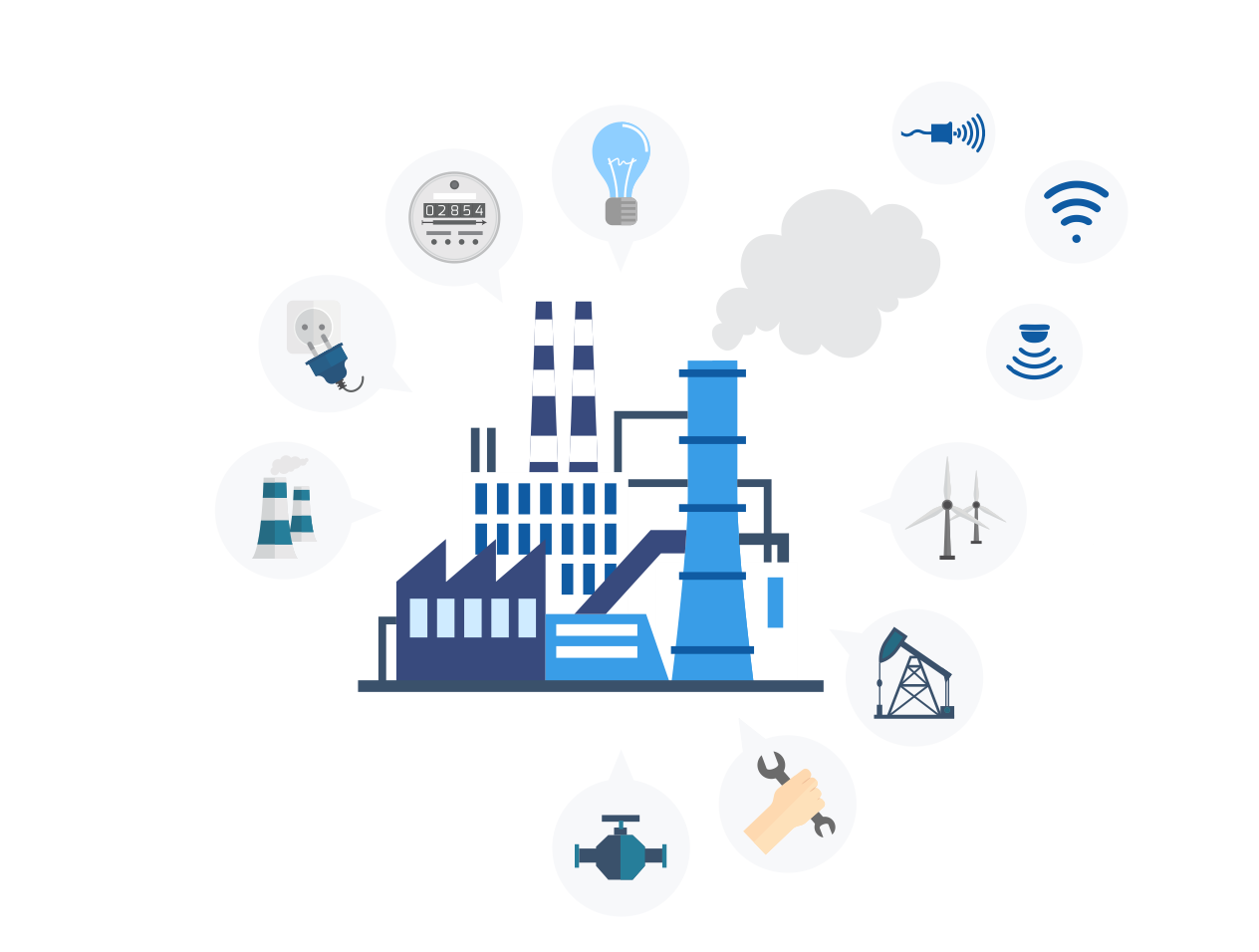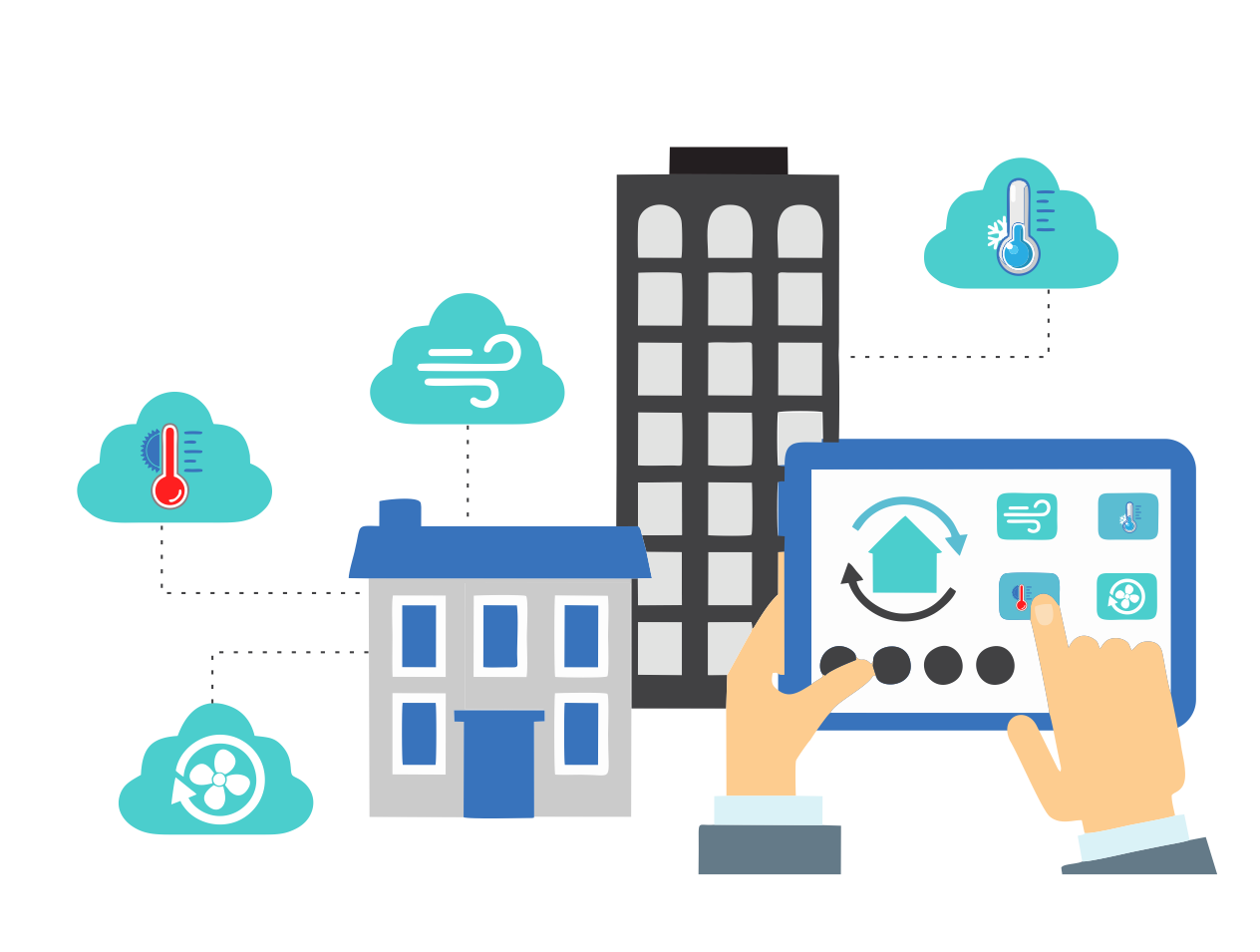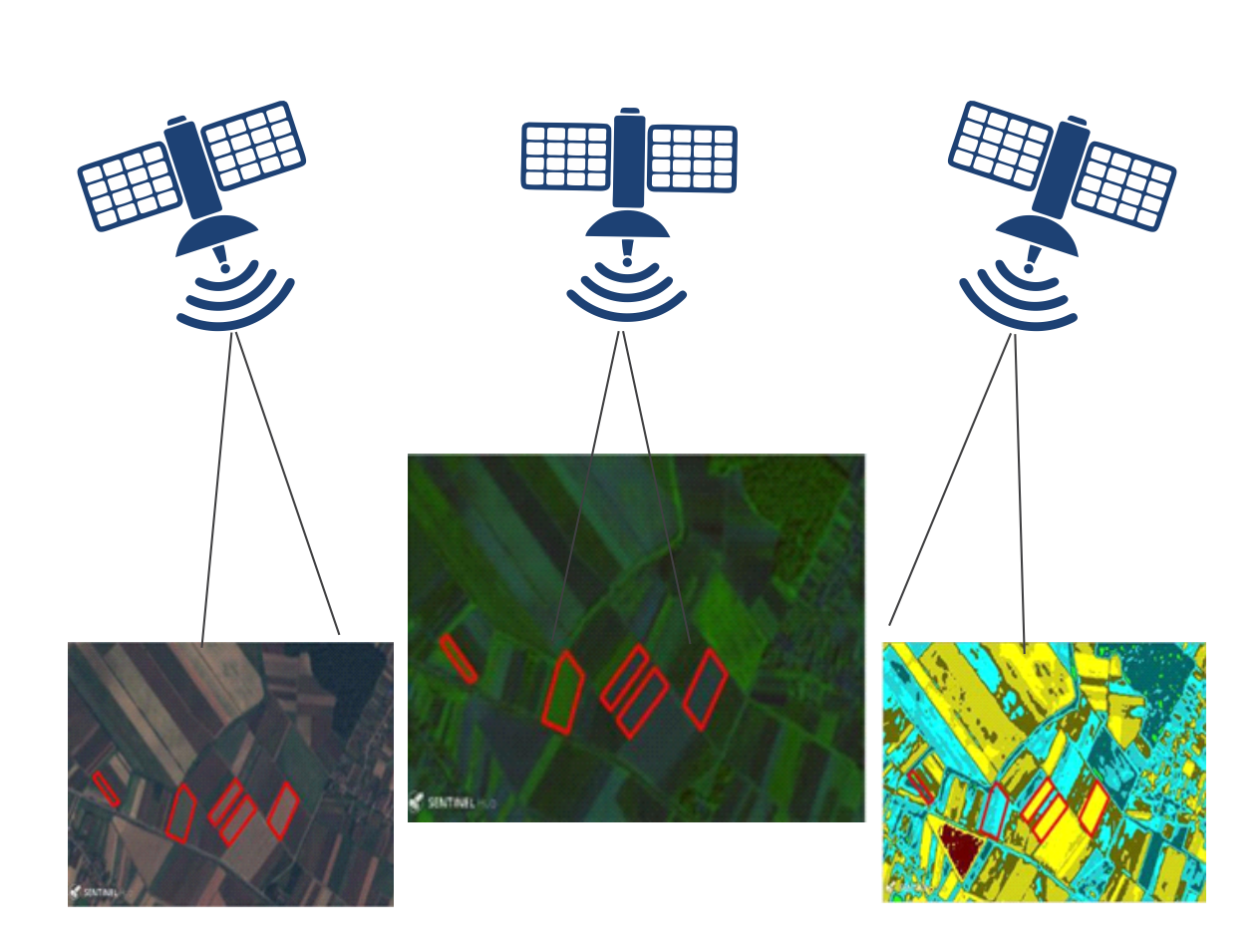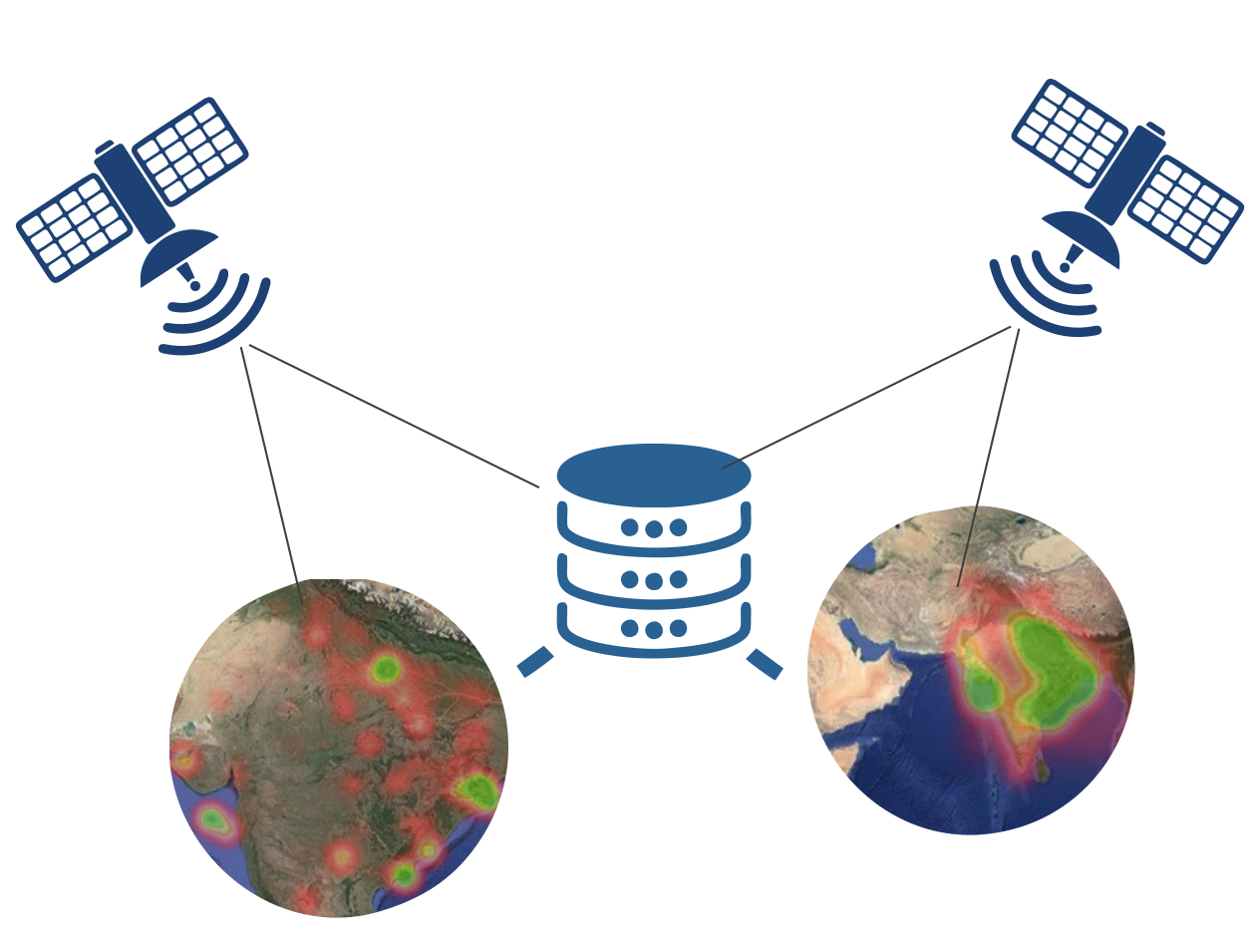Industry 4.0 is the newest phase of Industrial Revolution being brought through faster wireless communications, real-time data streams, machine learning and AI driven automated decision systems and inter-connected devices and machines. It is also referred to as Industrial IoT or smart manufacturing. Industry 4.0 is revolutionizing decision making through real-time insights across production, demand forecasting, supply chain management and inventory management.
Evolution of Industry from 1.0 to 4.0
Manufacturing has evolved over the three centuries, and there have been four distinct phases of industrial transformation:
1. Industry 1.0: The invention of steam engines, and evolution of manufacturing from manual labour to optimized machines driven by steam powered engines. Happened in late 1700s and early 1800s
2. Industry 2.0: Brought about by the introduction of steel and use of electricity in manufacturing. Mass production concepts like assembly line formulated. Happened in early 1900s
3. Industry 3.0: Began with the introduction of computers in the manufacturing process. Focus shifted from the use of analog to digital technologies. Started in late 1950s
4. Industry 4.0: Started with the use of inter-connected machines (called Internet of Things or IoT). Has allowed connecting physical and digital machines. Started in 2010s
What is changing OR going to change in Industry 4.0?
Industry 4.0 is changing the manufacturing processes. We present a few use cases here:
1. Supply Chain Optimization: Manufacturers have the ability to integrate their manufacturing process with the supply chain platform. This provides them real-time insights, market trends and demands to deliver products at a faster and cheaper rate
2. Asset Monitoring: With enhanced tracking and monitoring capabilities using wireless connectivity, video based intelligent feeds and location based real-time data, manufacturers can identify supply chain issues and asset quality risks to optimize asset transfer, disposal and adjustments in real-time
3. Predictive Maintenance: Every manufacturer relies on machines, and the machines require regular maintenance to work efficiently. The different maintenance strategies are:
a. Reactive Maintenance: Repairs and maintenance done on machine failure
b. Preventive Maintenance: Failures are costly, and maintenance done at regular intervals to prevent failures
c. Predictive Maintenance: Condition based monitoring of operational parameters to predict failures, and carrying out the maintenance just before a failure is predicted to happen



Benefits of Industry 4.0
We list some (not all) benefits of adopting Industry 4.0 capabilities to your business:
1. Gives you the competitive edge
2. Increases collaboration and promotes shared decision making
3. Predictive analytics using real-time data reduces inefficient preventive maintenance costs and downtime
There are many other benefits, most of which do not fall under our skillset.
To outperform in today’s business environment, manufacturers need to embrace Industry 4.0 or risk falling behind.
Xtage Labs is an advanced analytics and machine learning based decision insights company. We work with businesses to derive insights from data, and improve the decision making processes.
Get in touch with us to find out what we can do for you.




